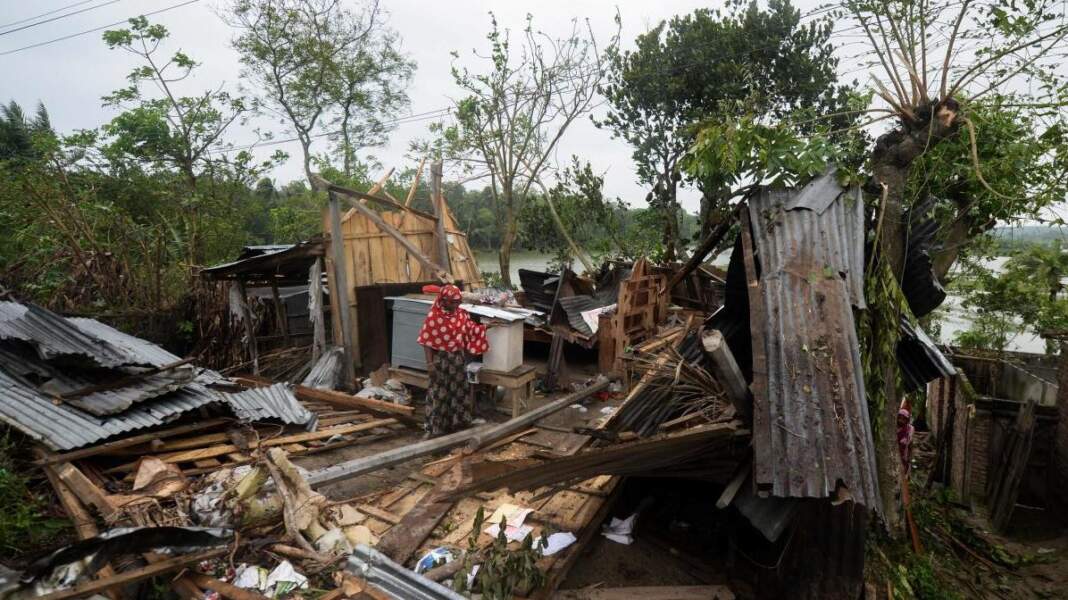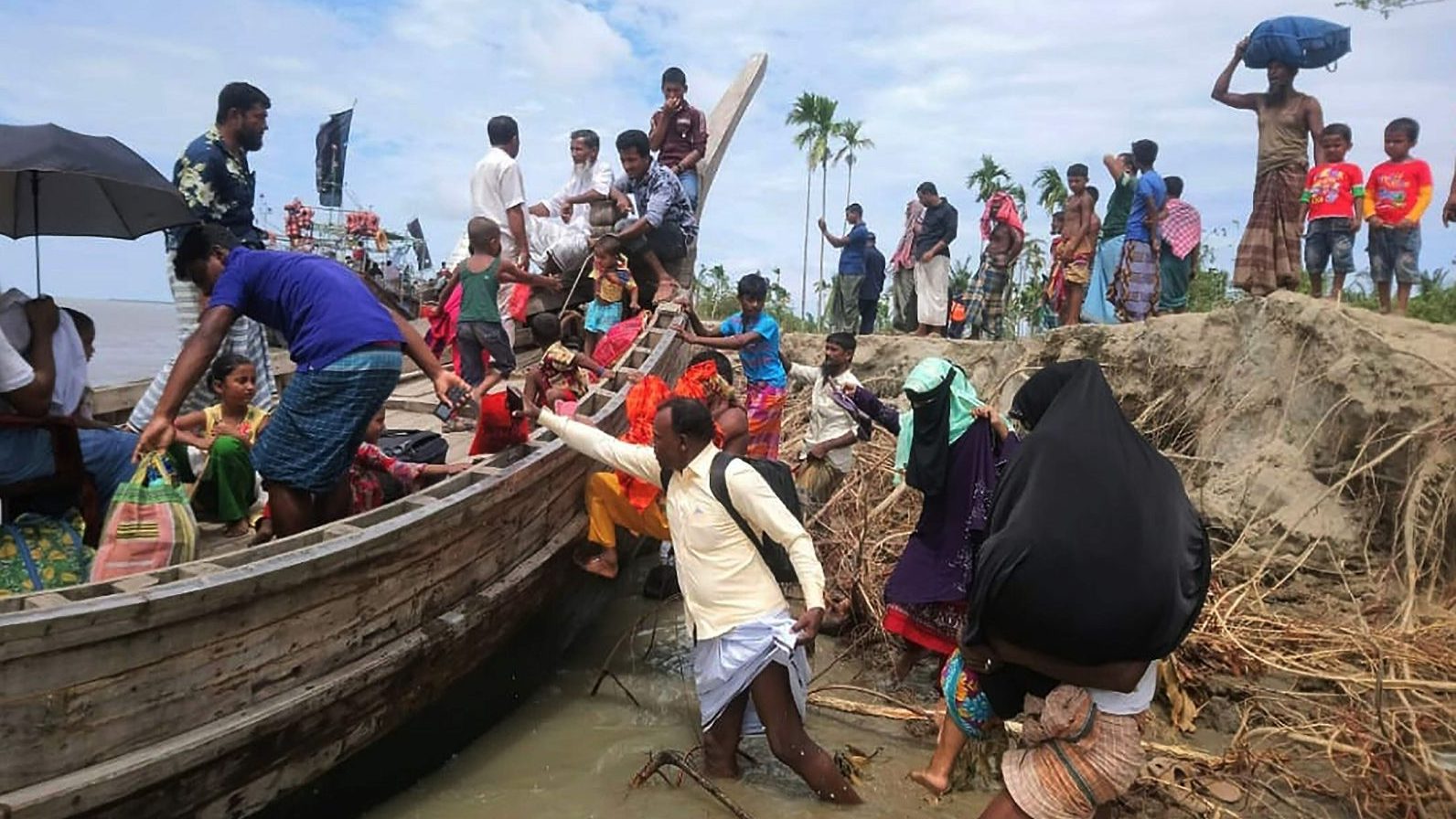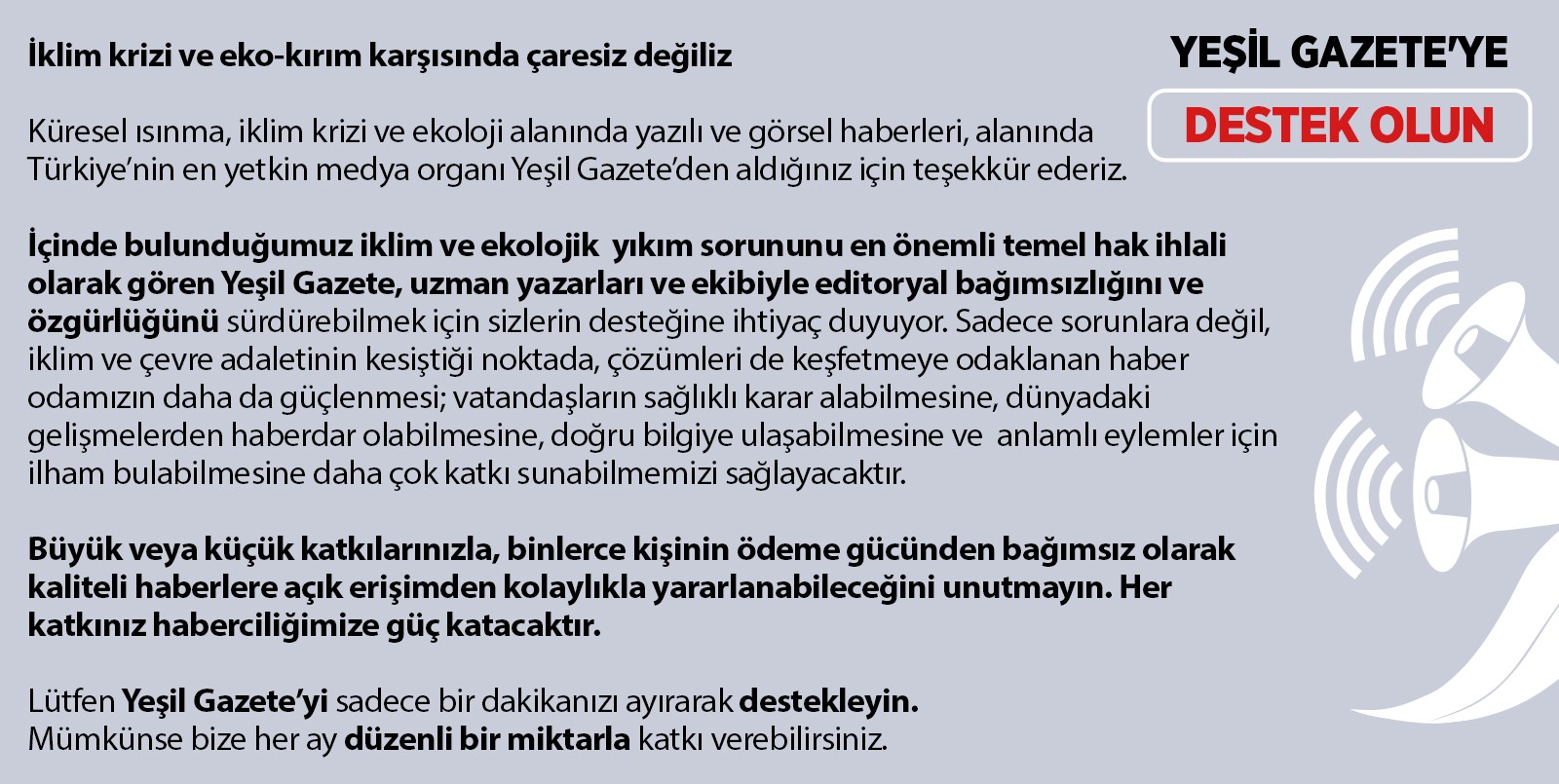Hindistan ve Bangladeş‘te Çarşamba gününden bu yana etkili olan ve son 15 yılın en şiddetli siklonu olarak adlandırılan Amphan Siklonu sebebiyle şu ana kadar en az 12 kişi öldü, binlerce ev ve yerleşim yeri büyük tahribat aldı.
Yetkililerin milyonlarca insanı siklon uyarısı öncesinde tahliye etmesinin birçok hayatı kurtardığı görülüyor ancak siklondan kaynaklanan ölümleri, yaralanmaları ve hasarların tam olarak tespit edilmesi günler alabilir.
Şiddetli yağış devam ediyor
Ülkedeki hali hazırda büyük tehdit oluşturan koronavirüs salgını ise çalışmaları çok daha zor bir hale getiriyor. Yetkililer bir yandan insanların güvenliğini sağlayıp bölgeden çıkarmaya çalışırken bir yandan da koronavirüs tedbirleri almaya çalışıyor.
Hindistan’daki en işlek hava alanlarından Netaji Subhas Chandra Bose Uluslararası Havalimanı sel altında kalarak büyük bir hasar aldı. Düşen enkazlar yolların çoğunu geçilmez hale getirdi ve şiddetli yağışlar bölgeye düşmeye devam ediyor.
Banarjee: Koronavirüsten daha büyük bir felaket
BBC’de yer alan habere göre Hindistan Batı Bengal eyaleti başkanı Mamata Banerjee, yaptığı açıklamada ülkeyi vuran siklonun koronavirüs salgınınından daha büyük bir felaket olduğunu söyledi.
Banarjee “Eyaletin güney kısının tamamı etkilendi. Şok içerisindeyiz. Zararı tespit etmemiz üç ile dört gün alacak. Siklon, elektrik dağıtımını sekteye uğrattı, birçok evi, köprüyü ve yapay dolguyu kırıp geçirdi” dedi.
Bangladeş’te barajlar ve kanallar çöktü
Bangladeş’teki bakımsız birkaç kanal ve baraj, Amphan Siklonu Çarşamba günü karaya çıkmadan önce çökmüş ve ülkenin bazı bölgelerinde büyük sellere sebep olmuştu. Snigdha Chakraborty Katolik Yardım Hizmetleri, ülkenin fırtına dalgalanmalarını 4,5 metreye kadar yükseldiğini ve ülke genelinde evleri su altında bıraktığını söyledi.
Ülkenin kıyı bölgelerinde toplam 12 bin 78 siklon barınak hazırlandı ve 2 milyondan fazla insan tahliye edildi. Yaklaşık 40 bin çiftlik hayvanı da tahliye edildi.
‘Sıcaklığın siklon oluşmasında etkili olduğunu düşünüyoruz’
Hindistan Tropikal Meteoroloji Enstitüsü‘nden Dr. Roxy Mathew Channel News Asia’ya verdiği demeçte “Birinci kategori siklondan beşinci kategori bir siklona, 18 saat gibi benzeri görülmemiş çok kısa bir sürede geçiş oldu. Bu, Bengal Körfezi’nin gördüğü en güçlü siklonlardan biri” dedi.
Aynı zamanda IPCC okyanuslar özel raporunun baş yazarı olan Mathew, “Verilerden, okyanus sıcaklığının bu yoğunlaşmanın önemli bir bileşeni olduğunu düşünüyoruz. Siklon oluşumundan önce sıcaklıkların çok yüksek olduğunu gördük” ifadelerini kullandı.
Mülteci kampındaki kadınlar ve çocuklar tehdit altında
Siklon iki ülkede de arkasında büyük bir yıkım bırakırken toplumsal eşitsizlikleri de bir kez daha göz önüne çıkarıyor. Felaketten en çok etkilenenler de gene daha savunmasız bırakılan mülteciler, kadınlar ve çocuklar oluyor.
Uluslararası Kurtarma Komitesi‘nin Bangladeş direktörü Manish Agrawal, Cox’un Bangladeş’teki Bazar mülteci kampında yaşayan kadınlar ve kız çocukların, siklon ve koronavirüs güvenliklerini tehdit ettiği için cinsiyete dayalı şiddetin artmasına karşı savunmasız kaldığını söyledi.
‘Yaşam daha tehlikeli olamazdı’
Cox’s Bazar’ın genişleyen kampları yaklaşık bir milyon Rohingya mültecisine ev sahipliği yapıyor. Bangladeş’in doğu kıyısındaki kamplar doğrudan siklonun yolunda olmasa da, şiddetli hava koşullarından etkilendi.
Agrawal, “Yaşam, evlerinde hapsolmuş yaklaşık yarım milyon kadın ve kız çocukları ile kamp sakinlerinin yarısından fazlasını oluşturan çocuklar için daha tehlikeli olamazdı” dedi.



